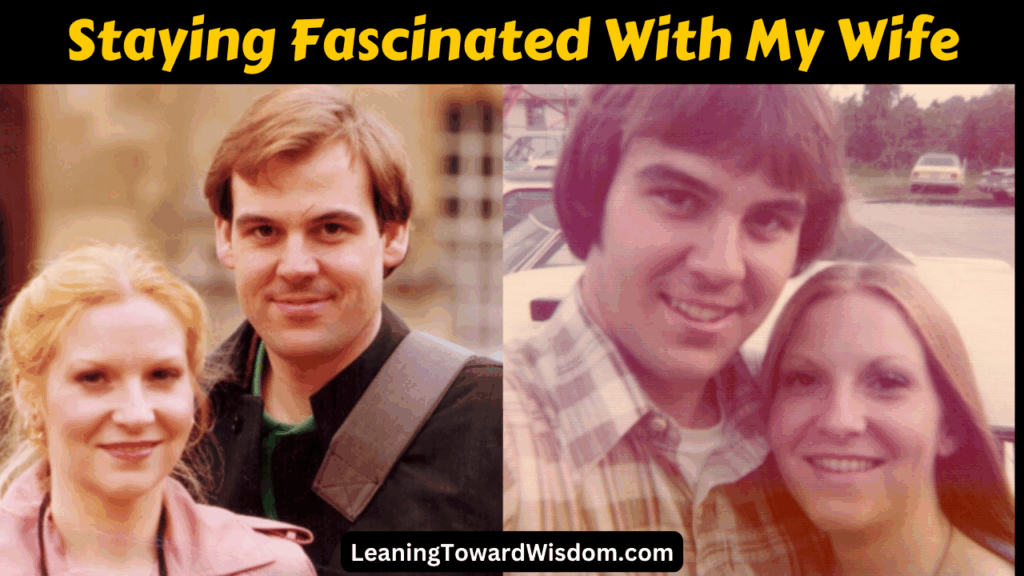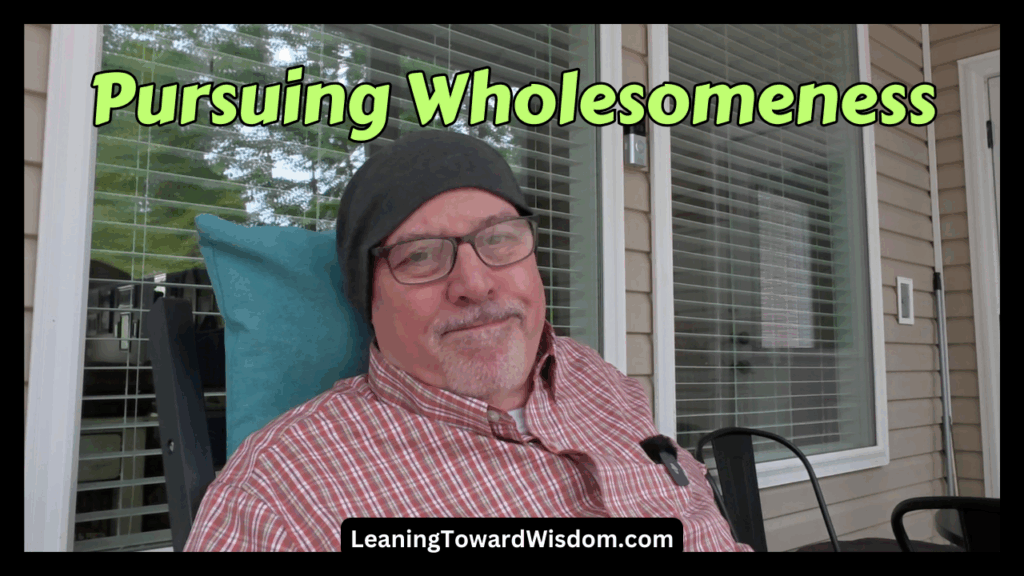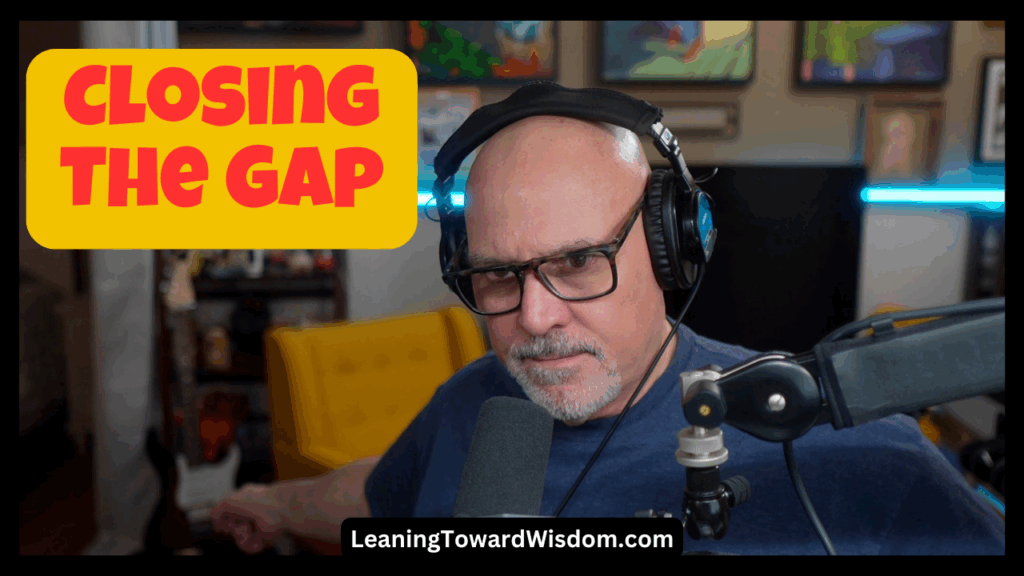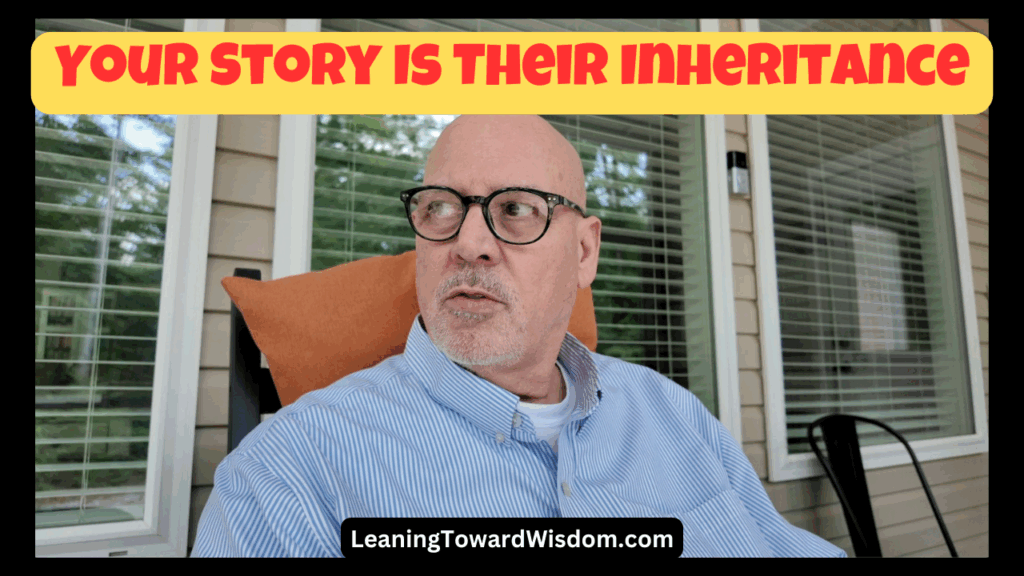Staying Fascinated With My Wife
Podcast: Play in new window | Download (Duration: 1:08:48 — 31.5MB)
Subscribe: Apple Podcasts | Spotify | iHeartRadio | Email | RSS | More
Once we were young.
Now, we’re old. Okay, older.
Being older is good. Often, it’s great!
She was always gorgeous. I was always smitten. Madly in love.
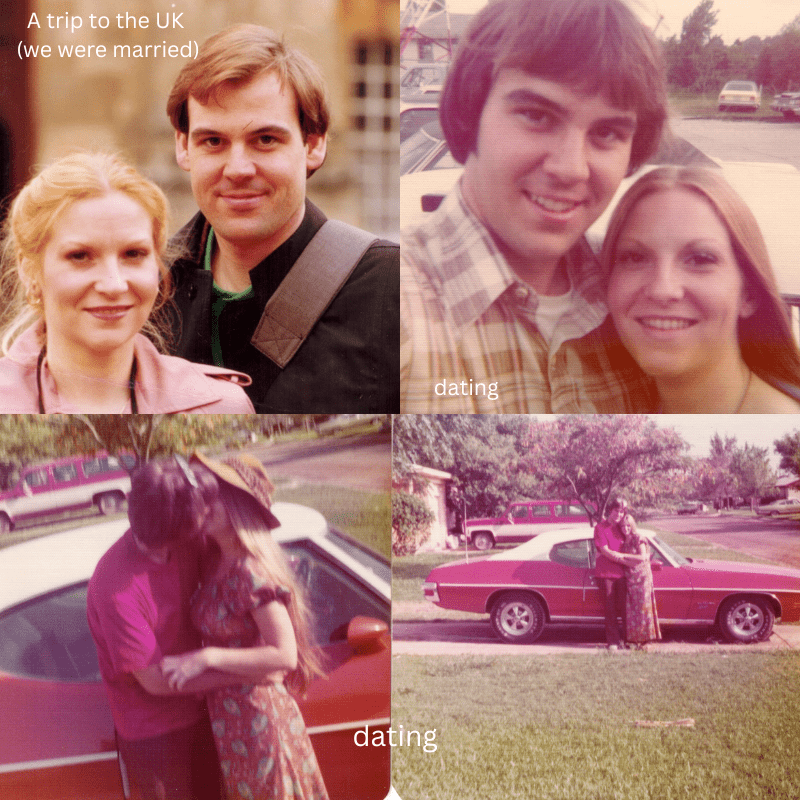
The love affair began on Wednesday night, July 2, 1975. During a church camp meeting in Oklahoma. I asked her out on a date following church services that night. She said yes.
That orange car in the picture was our chariot. We drove around a bit. Talked a lot. Probably went to a Dairy Queen for soft drinks. I can’t remember. Eventually, I kissed her. She kissed me back. And it was all so easy. The conversation. The being together. The kissing.
But I’m ahead of myself.
First, there was her reputation. And my respect for her.
She was known for being determined to remain faithful to her convictions. We shared faith. The Faith.
She was smart, dedicated, disciplined, and intentional. The oldest of six kids.
It was evident.
It was among the top reasons I asked her out. She was beautiful, but that was bonus content. 😉
I hadn’t been in love like this before. Ever.
This was different, and I knew it from the very first date.
Becoming a Christian was my best decision. Falling in love with her was my second best. She’s only ever taken a backseat to God.
Eighteen-year-old me would have denied ever being able to fall harder for her. But he’d have been wrong.
Did I always behave like it? Nope. To my shame. But that was primarily due to my immaturity and selfishness. Two problems I’ve experienced and that I often see in the lives of other men, too. I’m not saying it’s a uniquely male weakness, but I’m a guy and it was mine.
She’s not perfect.
But she’s pretty ideal for me.
I’m not perfect.
But I’m pretty ideal for her.
It’s our story. My story. But let’s not make this entirely about me, or her, or us.
Two ideas have been swirling in my head for as long as I can remember. One, my daily, if not hourly, fascination with her. True confession: I think of her every waking hour. And I always have. Sounds like an obsession, huh? Well, it likely is. But in a good way. It’s why many times a day I approach her, seemingly out of the blue (I’m sure that’s what she thinks), and hug her because I’ve been thinking of her a lot before I literally have to hug it out. I’m high-maintenance like that. Two, sadness that too many marriages fail because of selfishness and pride. Mostly, I think of my own selfishness and pride because I know those are ingredients for failure for each of us. Read your New Testament, and you’ll see it more clearly — especially in yourself.
This is about us – all of us. Yes, it’s about those of us who are married. And it’s about those of us who aren’t. Because love, fascination, selfishness, and pride are both universal and individual.
Masculinity seemed all but gone until we got a new President in America. The shift back toward things our country once cherished and away from the idiocy that overtook us starting in 2009 or so has given many of us hope that men can get back to being men and women can return to their glorified place of being women. Love, pride (not the selfish kind, but the honorable kind), commitment, honor, loyalty, and merit. Those were once givens in our society. They eroded in the past couple of decades because we allowed ourselves to be manipulated away from the things we knew to be true and correct. Now, we’re seeing how bitter, hateful, and outraged the opponents to truth and right can be. But love and right are worth standing up for, and idiocy deserves to be fought vigorously. Without shame or embarrassment.
I make no apologies for being a Christian.
I make no apologies for being married to the same woman for almost 47 years.
I make no apologies for confessing that we were both virgins when we married.
I make no apologies that – because of my faith – I choose not to drink alcohol, gamble, or be promiscuous.
I don’t care that others have made fun of my stance against alcohol or drugs or illicit sex. The mocking doesn’t bother me.
I don’t care that others think putting their wives on display is better than my dedication to putting my wife on a pedestal.
I learned as a kid the value of zigging when others are zagging. If you’re devoted to truth and right, you’ll be swimming against the tide. Sadly.
When men are fascinated with their wives and maintain or grow that fascination over time, it’s not normal. It should be.
When wives respect and let their husbands lead, it’s not normal. It should be.
When husbands love their wives, as Christ so loved the Church.
Loving my wife isn’t hard. Never has been.
I know, I know. Getting it right – marrying the right person – is monumental! I got it right.

Please tell a friend about the podcast!
Staying Fascinated With My Wife Read More »
